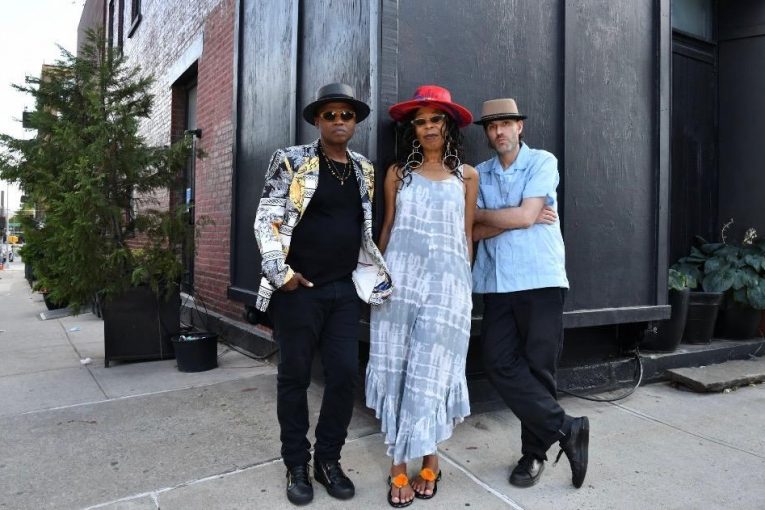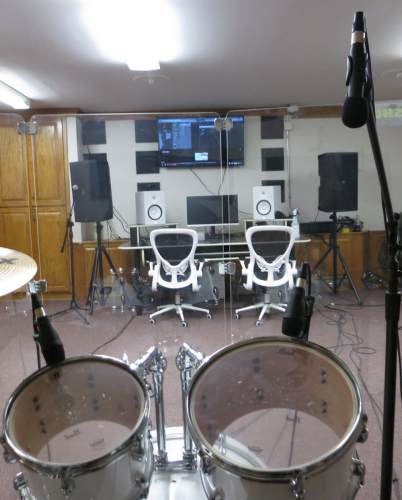
By: Benjamin Frandsen
Even in today’s jaded world, there are still some who believe in second chances, but one man has made them the mission of his life, the purpose of his work, and the soul of his music. Dr. Randall Horton is a two-time American Book Award winner, a PhD in English and Creative Writing, and the only tenured professor in the nation with seven felony convictions.
His musical group Radical Reversal takes its name from the idea of starting over with new direction, a clear affirmation of his strong belief in second chances. I asked Dr. Horton when, in his own time in prison, he realized change was possible. “When I was incarcerated,” he said, “at Roxbury Correctional Institution in Hagerstown, Maryland, it was poetry, language, the arts that transformed my way of thinking, my purpose. I want to provide these kinds of opportunities within the carceral state and hopefully help reverse that narrative of incarceration.”

Horton sought to create a pathway through which art might provide learning and healing to those locked behind prison walls. In a musical and poetic collaboration between himself and Devin Brajha Waldman, the two formed the group, which now includes Melanie Dyer, Taru Alexander and Brendan Regan around finding the answers to key questions: How might art play a crucial part in the issue of social justice through practice and expression? How can artists create a conduit for fellow artists to use their practice to give back?
Not only does the band play inside prison walls, and even sometimes let incarcerated citizens play along with them, but they also install recording studios/creative spaces inside of correctional facilities.

Thus far, they have placed creative studio installations in Massachusetts, Alabama, and Minnesota. Poets such as Patricia Smith, Willie Perdomo, Derrick Harriell, and Ashley M. Jones have been guests of the Radical Reversal Reading and Workshop, as have Artis Talib Kwali and Masego. They even have a Podcast series that is a collaboration with Poetry Centered at the University of Arizona Poetry Center.
Once installed in carceral institutions, these studios give them the flexibility to conduct poetry and writing workshops, music seminars, song recordings, poetry readings, and other performances that elevate everyone involved. The mission of Radical Reversal, according to their website, is to “amplify the dialogue around incarceration to create justice, racial rehabilitation equity through creative installations inside the carceral state.”
“I get to do what I love and help the folks inside be a part of something meaningful. Transformative. You can’t beat that.”